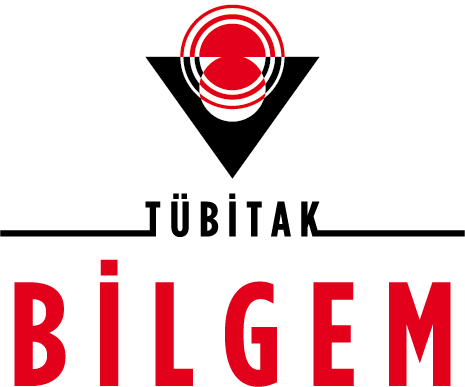LABORATORIES
National Research Institute of Electronics and Cryptology
Electro-Optics and Laser Systems Laboratory
- About Us
- Infrastructure Laboratories
- Workspaces
It was established to develop critical/national electro-optical systems that our country needs. In the Electro-Optics Systems Unit, high-power lasers, high-power laser systems, optical communication systems, infrared systems have been developed, and the laboratory is at a level where all kinds of design and development can be made on electro-optical systems.
- High Power Laser Development
- High Power Laser Systems
- High-Durability Optical Components (telescopes, collimators, etc.)
- Free Space Optical Communications
- Laser Remote Sensing and LiDAR
- Fiber Optic Sensors
- Infrared Systems
- High Power Laser Development
- High Power Laser Systems
- High-Durability Optical Components (telescopes, collimators, etc.)
- Free Space Optical Communications
- Laser Remote Sensing and LiDAR
- Fiber Optic Sensors
- Infrared Systems
Bioelectronic Systems Laboratory
- About Us
- Products/Solutions
In the Bioelectronic Systems Laboratory, electrochemical and optical-based detection devices and inspection systems with applications in the fields of CBRN (Chemical, Biological, Radiological, Radiological, Nuclear), health, fuel inspection, biotechnology, environmental safety, food safety, sensitive optical inspection are being developed thanks to both field specializations and advanced laboratory infrastructure in order to maximize the use of domestic capabilities in the development of diagnosis-diagnosis-analysis-based devices, systems and subsystems of our country, and efforts are being made to reduce our country's dependence on foreign technology.
YİTAL / Semiconductor Technologies Research Laboratory
- About Us
- Our Capabilities
- Our Mission
YİTAL, 10 ve 100 sınıfı 1.000 m² temiz alana sahip olan, TÜBİTAK BİLGEM UEKAE bünyesinde yer alan Yarı İletken Teknolojileri Araştırma Laboratuvarı’dır. 1983 yılında kurulmuştur. Tümdevre tasarımı, maske basma, tümdevre üretimi, pul üzerinde test (wafer probing), kılıflama, devre testi ve yaşlandırma süreçlerinin tümünün gerçekleştirilmesini sağlayan bir altyapıya sahiptir. 0,25 µm 5 metal CMOS ve 0,25 µm 5 metal SiGe teknolojileri YİTAL’in güncel üretim teknolojileridir. YİTAL bugünki konumuna, özgün CMOS üretim teknolojileri geliştirerek ve düşük hacimde sayısal haberleşme tümdevreleri (IC-Integrated Circuit) üretimi gerçekleştirerek gelmiştir.
YİTAL has designed and produced the digital crypto integrated circuits in the crypto devices of UEKAE with the unique CMOS technology developed by YİTAL. Tens of thousands of digital integrated circuits produced at YİTAL are actively used in the field.
In 2011, YİTAL designed Turkey's first contactless National Smart Card integrated circuit and had these smart cards manufactured and put into use abroad, using its extensive experience in integrated circuit design and the knowledge of side channel analysis resistant integrated circuit design gained through the European Union 6th Framework Program. The contact smart cards, of which different versions have been developed since 2011, have the internationally recognized EAL5+ security certificate. As the sole designer of Turkey's national identity smart cards, YİTAL continues to develop a dual interface (contact and contactless) national smart card.
NTDS (Naval Tactical Data System) interface communication integrated circuit and card were produced with 24 V high voltage CMOS technology developed at YİTAL.
Developing photodetector manufacturing processes, YİTAL has been Turkey's leading provider of 4-quadrant photodetectors since 2010. The photodetectors produced at YİTAL offer higher responsiveness and wider dynamic range than similar products in the international market. A photodetector product tree with different features is available. Apart from 4 quadrant photodetectors, laser proximity sensor is also available in the product range.
With its 0.7 µm 2-metal CMOS technology, YİTAL manufactures readout circuits that process data from the photodetector and laser proximity sensor.
YİTAL has been working on the design and production of a multicore processor for special applications. A unique compiler and simulator software has been developed for the processor with its own machine language. An application development environment consisting of this support software and a development board has been prepared. Within the scope of these studies, the 8.051 processor, which was designed at YİTAL and manufactured and sheathed at YİTAL with YİTAL's 5-metal 0.25 µm CMOS technology, has been successfully operating. This is the first processor manufactured in Turkey. The production of a multi-core special processor containing 8.5 million transistors is ongoing.
Türkiye’de kullanılan radarların x-bant alıcı-verici modüllerinin millî olarak üretilmesi hedefi çerçevesinde özgün 0,25 µm 5 metal SiGe BiCMOS teknolojisi geliştirilmiştir. 120 GHz’lik kesim frekansına sahip HBT teknolojisi kullanılarak x-bant uygulamaları için RF devrelerinin Türkiye’de üretilebileceği aşamaya gelinmiştir. Teknoloji; HBT, CMOS, Yalıtılmış NMOS, Varaktör, Endüktör, MiM kapasitör ve direnç elemanlarını içermektedir. Sayısal, analog (CMOS) ve RF (SiGe) tümdevrelerinin tek kırmıkta üretilmesine olanak sağlayan 0,25 µm 5 metal BiCMOS teknolojisi ile radar uygulamaları için tümdevre üretimi çalışmaları devam etmektedir.
YİTAL, which develops advanced semiconductor manufacturing processes and has products produced with these processes, which are used in Turkey's critical applications, and nationally transforms a design on paper into a sheathed and tested integrated circuit (IC-Integrated Circuit), is Turkey's first and only institution capable of producing CMOS and SiGe integrated circuits.
Our mission is to develop indigenous semiconductor production technologies according to Turkey's strategic semiconductor needs and to ensure the country's independence in strategic semiconductor products by producing field-used integrated circuits with the technologies developed.
BZLAB / Blockchain Research Laboratory
Based on the needs of public and private institutions/organizations, Blockchain Research Laboratory (BZLab) was established in 2017 under the umbrella of BİLGEM UEKAE to carry out R&D activities on blockchain technologies, especially security and privacy features, business models and various technical details of these technologies.
In collaboration with public and private institutions/organizations and academics, our laboratory offers blockchain-based design and development solutions to establish more efficient and transparent structures by distributing trust centers in structures containing trust centers. In this context, it works to digitize processes in many application areas such as digital money, digital identity, financial applications, supply chains, crowdfunding models, education and healthcare services around the element of trust. BZLab addresses the theoretical and practical technology components in these areas of work and provides project and consultancy services for stakeholders. By bringing together the strongest experts in the field, BZLab's mission is to improve stakeholders' ability to understand and use blockchain technology, increase technology awareness and train human resources. It also explores technical solutions such as security and privacy analysis and traceability. BZLab is physically located in TÜBİTAK Gebze Campus.
AKİS - Smart Card Operating System
E-ID Technologies
E-Identity Technologies was established with the aim of realizing the technologies developed with the following activities as completely domestic and national and making them available to public and private institutions:
- Smart card operating system,
- Contact smart card chip,
- Electronic authentication system,
- Secure card access device,
- Smart card production, distribution and management system
- Safe door entry systems,
- Biometric based authentication and access control systems,
- Digital identity,
- Digital wallet.
The solutions and products developed in the unit are widely used by public and private institutions and electronic certificate service providers (ECSPs). e-Identity Technology solutions are used in the Republic of Turkey Electronic Identity Card and Electronic Passport Projects and the TRNC e-Identity Card project.
Our products are Common Criteria (CC) security certified.
MA3 / National Public Key Infrastructure
Established in 2001 within TÜBİTAK BİLGEM National Electronics and Cryptology Research Institute (UEKAE), the main purpose of our National Public Key Infrastructure (MA3) unit is to realize the public key infrastructure (AAA-PKI) technology in a completely domestic and national way and to make it available to public and private institutions.
Our Electronic Certificate Management Infrastructure (ESYA) and other server products are used by military and public institutions and electronic certificate service providers (ECSPs). These institutions can issue and distribute qualified or unqualified electronic certificates, encryption certificates, device certificates, CVC certificates, SSL certificates, etc., and provide time stamping services. ESYA is the public key infrastructure for the Republic of Turkey Electronic Identity Card and Electronic Passport Projects.
Encryption and signing operations can be performed with our client products. The e-signature libraries we have developed are widely used in the public and private sectors. Our ESYA and KERMEN products have Common Criteria (CC) EAL4+ security certificate.
Messaging Systems Unit
The Messaging Systems Unit, in order to meet the messaging and document distribution needs of the Turkish Armed Forces in the most accurate, fastest and safest way in line with today's technology, the international X.400 messaging standard family, X.500 directory standard family, to ensure service security. It develops systems that comply with the Public Key Infrastructure (AAA) and the military messaging standard STANAG 4406 published by NATO.
As a result of the R&D activities carried out in the field of secure messaging, since 2003, the National Military Message Form (MAMF) Project was initiated to nationalize the foreign-origin e-mail client used within the TAF, and the first national e-mail client software and address list gateway interface software were developed within the scope of this project. Developed in 2005 as a prototype, these components were expanded in the following years and have been actively used and maintained under the name MEDAS-2 within the TAF since 2009.
In line with the information obtained from the NATO working groups and the positive results observed in the MAMF Project, a much more comprehensive project was planned with the Turkish Armed Forces in 2009 and the National Military Messaging System (MAMSİS) was launched. Within the scope of the MAMSİS Project, a national message transfer server and a national directory system server were developed for the first time in Turkey. In addition, a messaging client, server management software and three different gateway software were also developed. All these components were rewritten in accordance with international standards, taking into account national needs, resulting in a secure, reliable and modular system. The project, which was initiated in 2018, will be completed in 2023. The components of MAMSİS output will be developed and put into use within the TAF under the name MEDAS-3.
Projects are also being carried out for the use of the Message Operating System (MIS), which includes ACP 127 and X.400-based military messaging systems that enable military messaging in radio networks (HF, VHF, Satellite, etc.) where bandwidth is limited, in ships built nationally. MİS is used in the communication systems of many national ship projects.
Safir Mail, launched in 2017 under the name of KurumNet in corporate secure messaging, offers secure e-mail exchange (SMTP/IMAP/POP3), instant messaging (XMPP), video conferencing, calendar (CalDAV, iMIP) and task tracking functions together. In the development process of Safir Posta, the product family developed entirely with national resources, international standards were complied with, while at the same time national needs were taken into account. Currently, activities continue with the aim of both disseminating the military version within the TAF and revealing the possibilities of using the civilian version in public institutions and organizations.
Quantum Technologies
Quantum information science and technologies have been among the various research topics studied at TÜBİTAK BİLGEM UEKAE in the past. Within those studies, national and international projects were carried out including quantum cryptography, quantum random number generator (QRNG), quantum key distribution (QKD) with single photons obtained from attenuated laser source and quantum ghost imaging. UEKAE Electro-Optics and Laser Systems Laboratory and Test and Evaluation Department facilities have been used as infrastructure for those R&D studies and system demonstrations.
In early 2023, the Quantum Technologies Department was established as a new unit under TÜBİTAK BİLGEM UEKAE. With the Department, it is aimed to create infrastructure and trained manpower by meeting the requirements of the era in the field of quantum technologies, which have recently attracted great interest in the world, to carry out projects with high R&D and innovation rates, and to develop quantum technology-based systems for both civilian and military applications. The Quantum Technologies Department is motivated to cover a wide range of different fields of study. With the studies to be carried out and systems to be developed in the main fields such as quantum computing/computation, quantum communication (quantum cryptography, etc.), quantum imaging, quantum sensing and metrology, it is expected to make a significant contribution to our country to have a say in quantum technologies and to progress.













